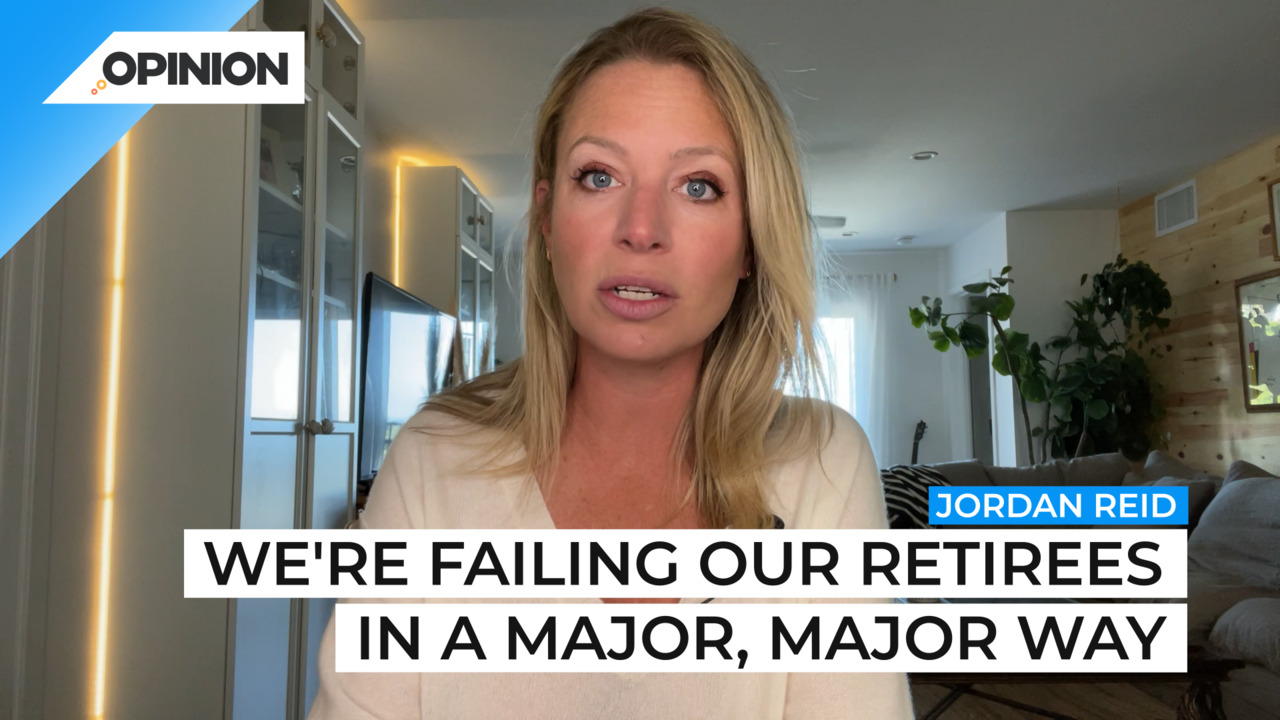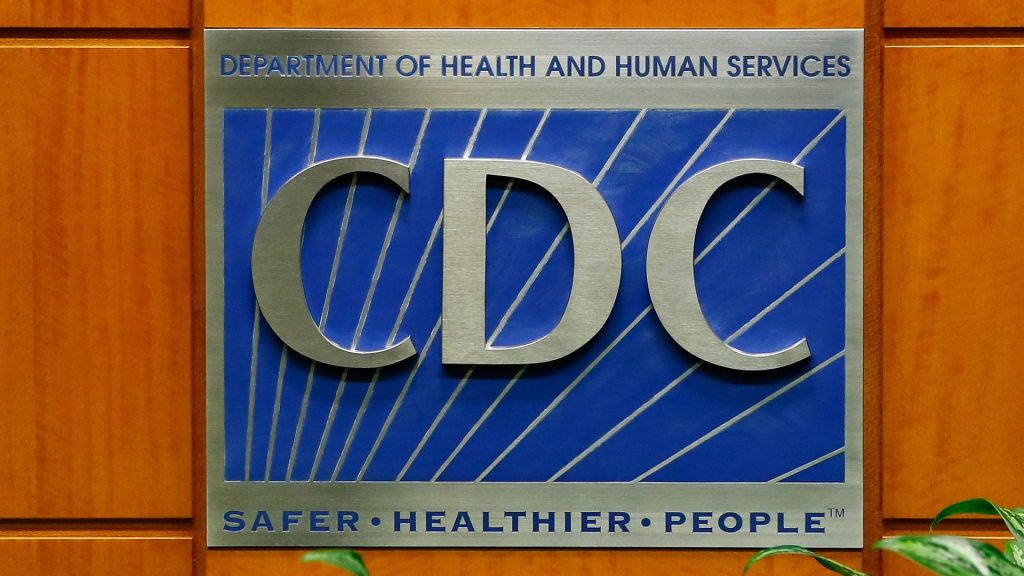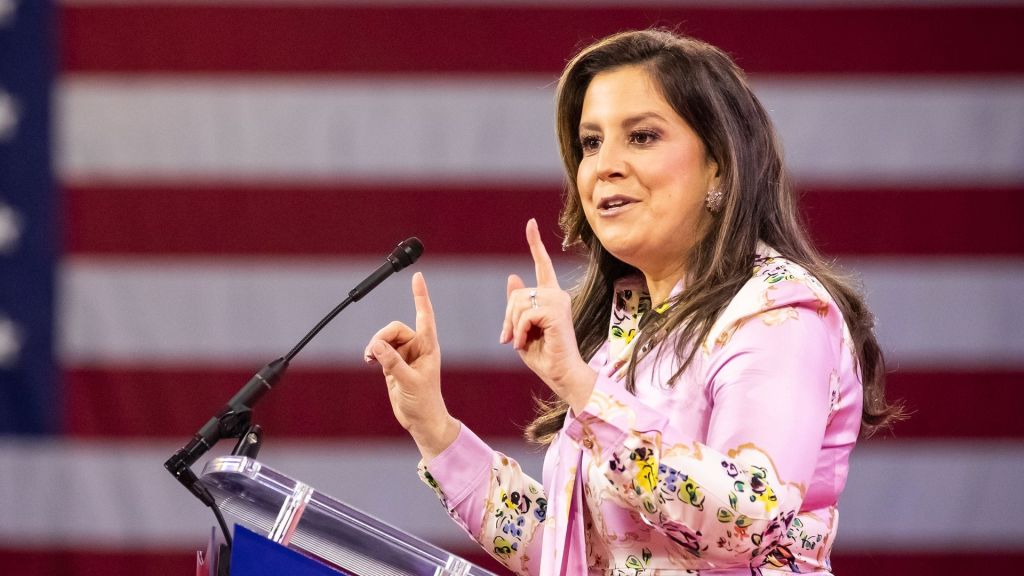
Commentary
-
Our commentary partners will help you reach your own conclusions on complex topics.
I’m 41 years old, and I am stressed about retiring. I have specific reasons for this – being a freelancer is its own can of worms – but a great deal of the present stress comes from seeing just how dire the situation is for today’s retirees. Retirement is not, it seems, what we were promised – basically, days of easy, breezy living doled out as a reward for long, hard decades participating in the machine of capitalism.
Today’s retirees are finding that…well, in many cases, they can’t. While COVID may have inspired some to reprioritize and allocate more time to doing the things they love, many others have found themselves suddenly confronted with plummeting 401(k)s, forced early retirement due to job loss, and the rising cost of everyday items…and have had to dramatically rethink their plans as a result.
Baby boomers have lived through the tech bubble, the 2008 housing crash, and double-digit inflation in the 1970s, but are currently confronting a perfect storm of inflation, supply chain disruptions, a bear market, and skyrocketing gas prices and interest rates. There are fewer workers paying into the social security program, and more and more Boomers hitting an age where they need to rely on it. And the picture that all this paints is unsustainable at best.
According to a BMO Harris pole, a quarter of Americans believe that inflation will force them to delay their retirement, and a recent AARP survey found that 29% of former retirees are either currently working out of financial necessity, or expect that they will have to do so in the near future. 72% of Americans who are nearing retirement won’t have enough to maintain their living standards.
The safety net for retirees is in need of major reform, and there doesn’t seem to be an easy silver-bullet fix. The American tradition of pulling yourself up by your bootstraps – saving during your working years, then reaping the benefits later in life – may work for the upper 5%, but it’s simply not within the realm of possibility for the vast majority.
Biden has proposed ramping up Social Security benefits and shifting tax advantages from the upper-middle class to assist lower-wage workers, but we’d need a unified Congress to make this a reality. We need to break the cycle of favoring employers over labor unions, and ensure that the government provides taxpayers with additional options – fund diversification, savings incentives, and lifetime annuities – that supplement Social Security, rather than replacing it.
Short story: The crisis for our retirees should be a bipartisan issue that addresses both the shifting makeup of the population and fluctuations in our economy. And right now, we’re failing our retirees in a major, major way.
-
It’s okay for Met Gala celebrities to avoid politics
During this year’s Met Gala, as some celebrities donned dramatic dresses made of sand or thousands of crystals, there was a noticeable absence of political statements. Some activists on social media responded with a campaign aimed at taking away the platform for celebrities who have refused to use their positions to speak up for people…
-
Why the Trump family is missing from court appearances
Former President Donald Trump is currently attending his Manhattan trial as a defendant facing 34 charges of falsifying business records. Despite this ongoing legal fight, sightings of his family have been rare at the proceedings. While his adult son Eric made one appearance, none of his other children, nor his third wife Melania, have been…
-
Careful Left, campus protests will end up benefiting Trump
Protests against the Israel-Hamas war have flared up at universities across the United States and around the world. Some universities resorted to calling the police to break up larger protests, leading to mass arrests at places like the University of Southern California and the use of tear gas in Florida, among others. At the University…
-
Portraying far-left and far-right as equal in ‘Civil War’ is wrong
The movie “Civil War,” which depicts Texas and California seceding from the nation to wage war on Washington, D.C., reflects a what-if scenario fueled by memories of the Jan. 6 Capitol attack. But as the presidential election looms, discussions about civil war have moved beyond theoretical debates to become a serious consideration among some voters.…
-
Why I doubt Trump will be convicted in hush money case
Donald Trump is the first former president to face trial on criminal charges. In the first of potentially four trials, Trump entered a plea of not guilty to 34 counts of falsifying business records. These charges stem from a $130,000 payment made to the adult actress and stripper Stormy Daniels, which aimed to keep her…
Latest Opinions
-
 Getty Images
Getty Images
Biden admin to end mining leases in the nation’s largest coal-producing region
-
 Israel Defense Forces
Israel Defense Forces
IDF releases Hamas video of young Israeli hostages
-
 Getty Images
Getty Images
Questions swirl over Iran’s future after President Raisi’s sudden death
-
 Getty Images
Getty Images
Water war grows, US officials try to block funds to Mexico over treaty fight
-
 Getty Images
Getty Images
FDA clears Neuralink chip for 2nd human trial, company says wire issue fixed
Popular Opinions
-
In addition to the facts, we believe it’s vital to hear perspectives from all sides of the political spectrum.


